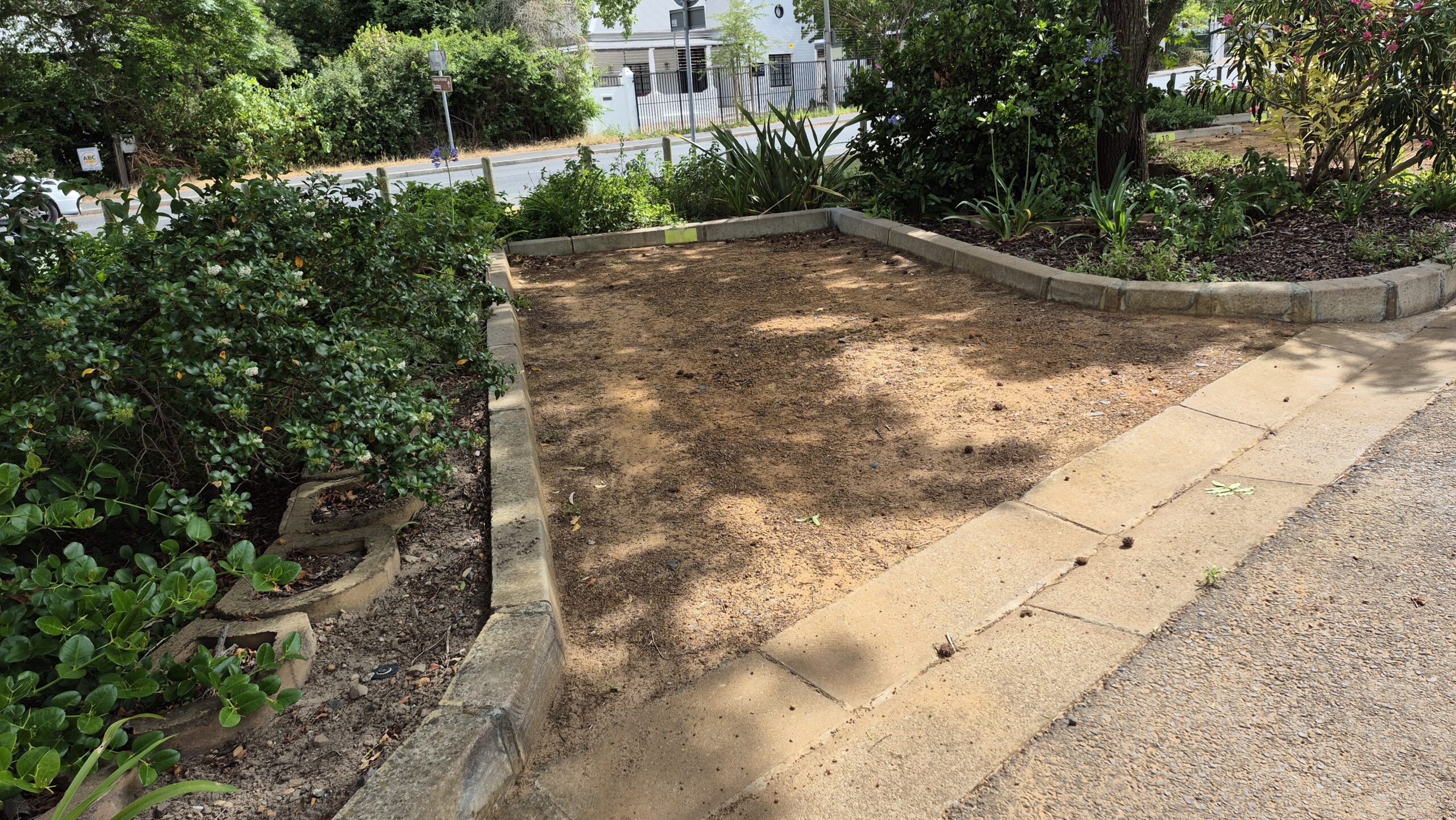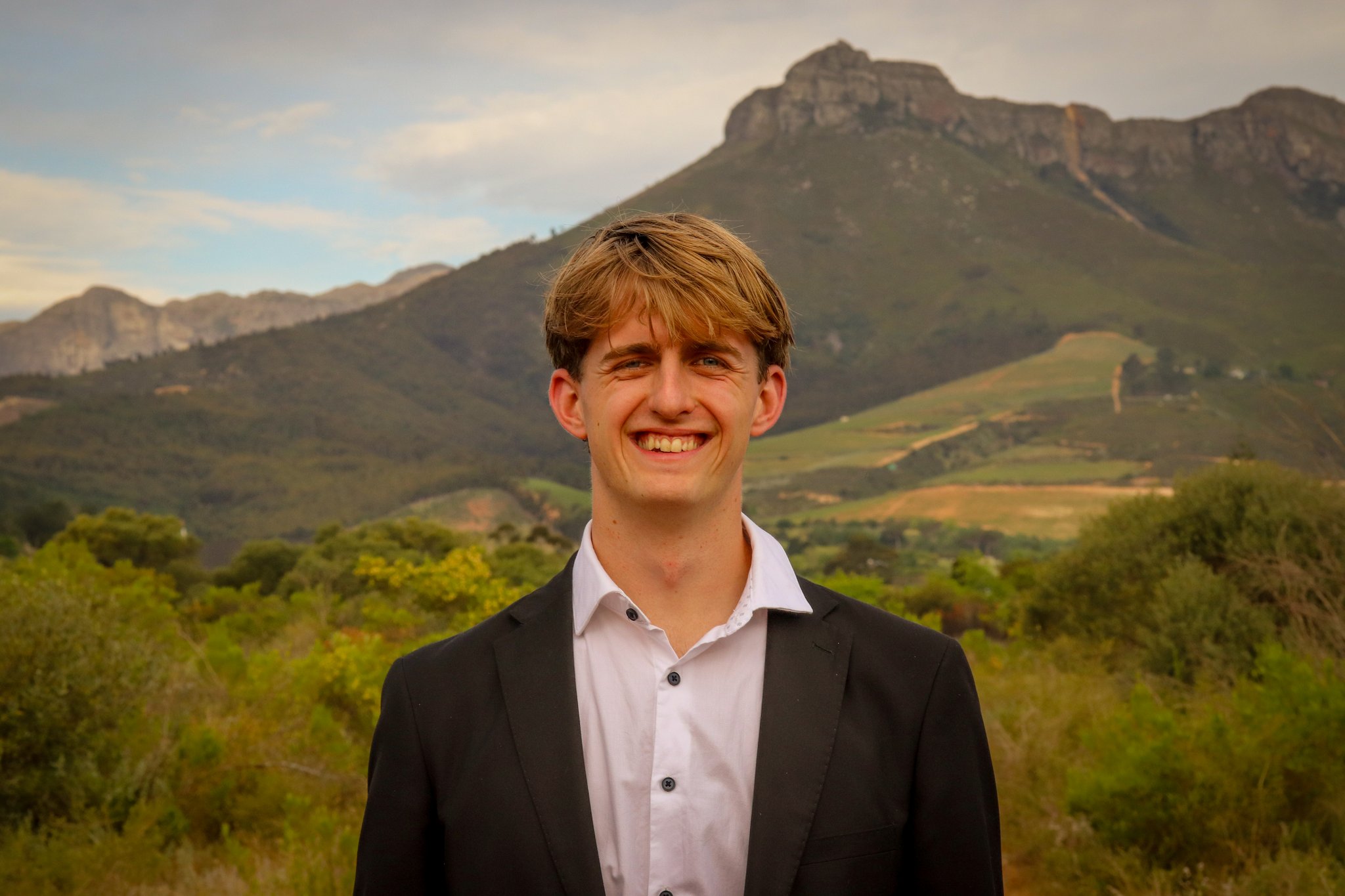BY NICOLE NASSON
AFTER three years of legal proceedings, the Constitutional Court of South Africa ruled that the 2016 language policy of Stellenbosch University (SU) is constitutionally justified. Justice Johan Froneman handed down a unanimous decision in favour of the 2016 policy, which found, amongst other things, that SU’s “decision-making structures, with a scrupulous eye on racial equity, access and inclusiveness, judged that a downward adjustment of Afrikaans, without by any means eliminating it, was warranted.”
Gelyke Kanse, a voluntary organisation, along with the president of the Convocation of SU and six other applicants, originally took the case to the Western Cape High Court to have the 2016 policy reviewed and set aside. They argued that the policy is an infringement on the rights of Afrikaans speaking students. The Western Cape High Court, however, ruled in favour of Stellenbosch University. The case was overseen by Judge Kate Savage and Judge Daniel Dlodlo. Dlodlo said he failed to comprehend the argument made by Gelyke Kanse saying that Afrikaans speakers who cannot obtain Afrikaans tuition at the university would forego tertiary education altogether. He believed the policy did not diminish the usage of Afrikaans, but rather attempted to maintain and increase Afrikaans offerings at the university, as the policy states. Gelyke Kanse then took their case to the highest court in the country, the Constitutional Court.
According to the 2014 language policy, the university contributed to multilingualism by using Afrikaans as an academic language while safeguarding and advancing the language. In addition to this, the policy states that English be offered as an international language and a common language for students who are speakers of other indigenous South African languages.
However, SU revised the policy in 2016. The 2016 policy states that English and Afrikaans are to be taught in combination with English being the primary medium of instruction. Undergraduate lectures are structured to be conveyed in English, summarised into Afrikaans, with class notes in both English and Afrikaans. Provision is made for real-time translators and for the possibility of separate classes if it is a large group of students. Gelyke Kanse was originally founded to oppose the 2016 language policy, but has since then adopted the objective to preserve Afrikaans.
In a media press release, SU said that it welcomes the ruling and that the policy.



